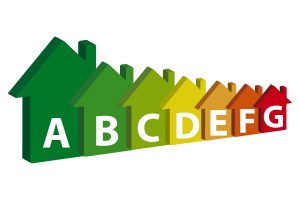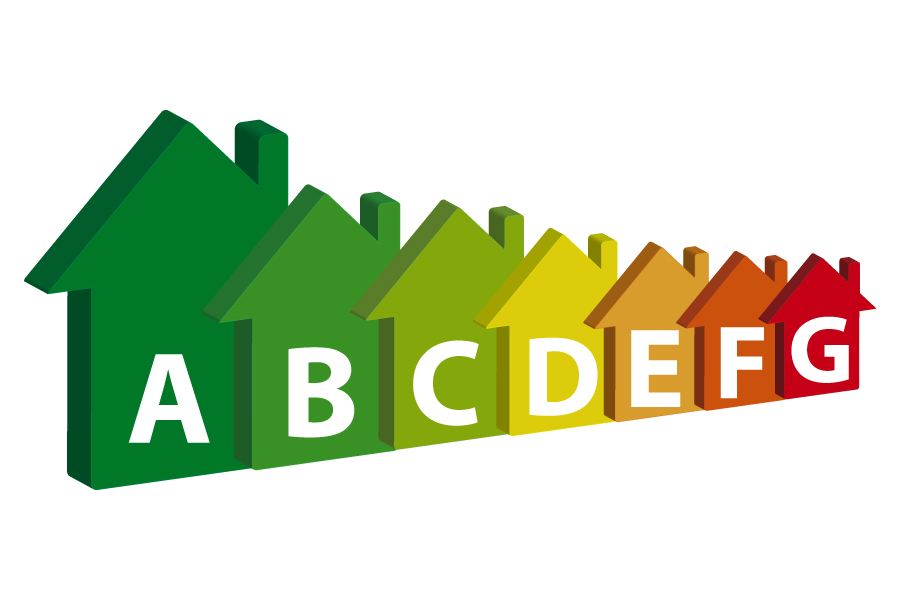Domestic Minimum Energy Efficiency (MEES) Regulations mean that landlords must have an Energy Performance Certificates of at least E for each property. Jessica Slater, real estate litigation solicitor at Joelson, explains
 On 1 April 2018, Domestic Minimum Energy Efficiency (MEES) Regulations came into force that made it illegal for a landlord to grant a tenancy of a residential property which had an Energy Performance Certificate (EPC) rating of F or G.
On 1 April 2018, Domestic Minimum Energy Efficiency (MEES) Regulations came into force that made it illegal for a landlord to grant a tenancy of a residential property which had an Energy Performance Certificate (EPC) rating of F or G.
The MEES Regulations currently apply to all new tenancies and renewals, but as of the 1 April 2020, the Regulations will apply to all lettings of residential property, including those with existing tenancies that commenced prior to 1 April 2018.
With the threat of facing a hefty penalty of up to £4,000 for being in breach of the Regulations, what do landlords need to do to ensure that they are compliant, and are there any exceptions to the rules?
Do the MEES Regulations apply to you?
The MEES Regulations apply to the majority of rental properties in England and Wales. However, in certain circumstances you may qualify for an exemption which will need to be registered on the PRS Exemptions Register. These exemptions include:
- If the tenant refuses to give consent for improvement works to be carried out.
- Where the improvements would require consent from a third party and you have been unable to obtain such consent despite your reasonable efforts.
- If carrying out the necessary works will devalue the property by more than 5%.
- If carrying out the necessary works will cost you more than £3,500 (further details below).
What steps do you need to take?
If you currently let a property with an EPC rating of F or G, you will have to take immediate steps to ensure compliance before 1 April 2020, unless you have either:
- a valid reason which enables you to register an exemption on the PRS Exemptions Register; or
- made all possible improvements to the property to try and increase its energy efficiency, but the EPC rating is still below an E, in which case you will still need to register the exemption on the PRS Exemptions Register.
There are a number of steps that you can take to improve the EPC rating of a property and these do not always require significant works to be undertaken. Undertaking some small improvements, such as installing loft insulation, switching to a smart meter and using low energy lightbulbs, can make all the difference.
What are the potential costs?
Many landlords will undoubtedly have concerns about the potential costs of bringing a property up to standard. There is however a ‘cost cap’ of £3,500 per property (including VAT) on the amount which you are required to spend on making improvements.
You will be expected to carry out all possible measures to improve the energy efficiency rating up to the ‘cost cap’. If, after carrying out all possible improvements within the ‘cost cap’, the EPC rating remains below E, you will be able to register an exemption on the PRS Register on the basis that you have made all relevant improvements.
You may also be able to obtain funding for some improvements, so it is certainly worth checking this before any works are commenced.
What are the consequences if you fail to comply?
If you fail to comply with the MEES Regulations, you could face a fine of up to £2,000 where the length of the breach is less than three months, and £4,000 where the length of the breach is more than three months. You could also face a fine of up to £1,000 if you provide false or misleading information on the PRS Exemptions Register.
In addition to a fine, details of any breaches may be published on the PRS Exemptions Register which is publicly available.
Given that the date for compliance is fast approaching, landlords should be taking immediate steps to ensure that any properties within their portfolio that currently fall below EPC rating E are improved without delay.
Jessica Slater is a real estate litigation solicitor at Joelson














